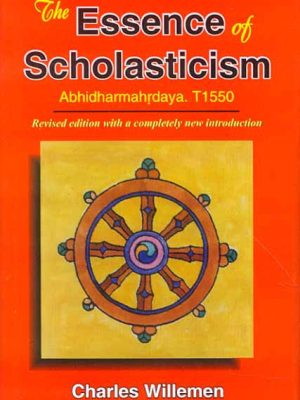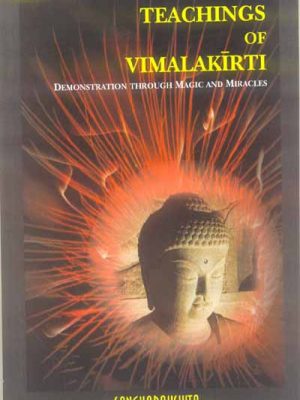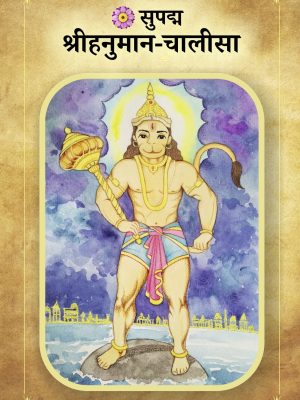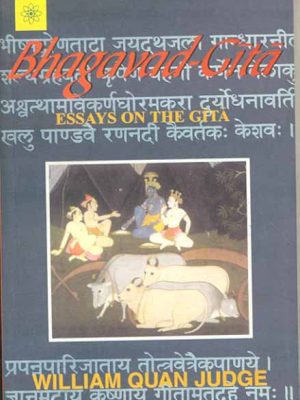Encyclopedia of Indian Philosophies, Vol.18: Dvaita Vedanta Philosophy
₹2,200.00
In stock
Too Good to Resist Sale is Live BUY AND SAVE NOW
Madhva, the founding figure of the Dvaita system of philosophy, states the major tenets of his philosophical system in a nutshell in his Mahabharata-tatparyanirnaya 1.70-71: “The flow of the world is real together with its five fold difference:
1. The difference between God and jivas (i.e., the individual selves);
2. The mutual differences(s) among the jivas;
3. The difference(s) between God and jada (i.e., inert) object;
4. The mutual differences(s) among the jada objects;
5. The difference between the jada objects and the individual selves.
These differences are permanent and will continue forever. These differences will continue ever after liberation. The hierarchy of the jivas will also continue even after liberation.”
Madhva’s is the first of those systems labeled “Vedanta” to espouse such a sweeping set of distinct kinds of real entities. Notably, the Advaita system of Samkara denied any differences at all, labeling all such distinctions at best anirvacaniya, impossible to speak of consistently. Madhva’s passage, quoted above, states his disagreement with such a position in as extreme terms as is possible. Besides forming an important school of thought in its own right, Madhva provided the backdrop to the “modern” period of Indian thought, in which even the importance of liberation and the basic assumptions concerning it came into question.
Review(s)
About the Author(s)
Karl H. Potter is professor of Philosophy and South Asian Studies at the University of Washington is Seattle, and is General Editor of the Encyclopedia of Indian Philosophies. Series containing 28 volumes.
Additional information
| Weight | 0.5 kg |
|---|---|
| Dimensions | 10 × 11 × 12 cm |
| Book Author | Karl H. Potter |
You must be logged in to post a review.













Reviews
There are no reviews yet.